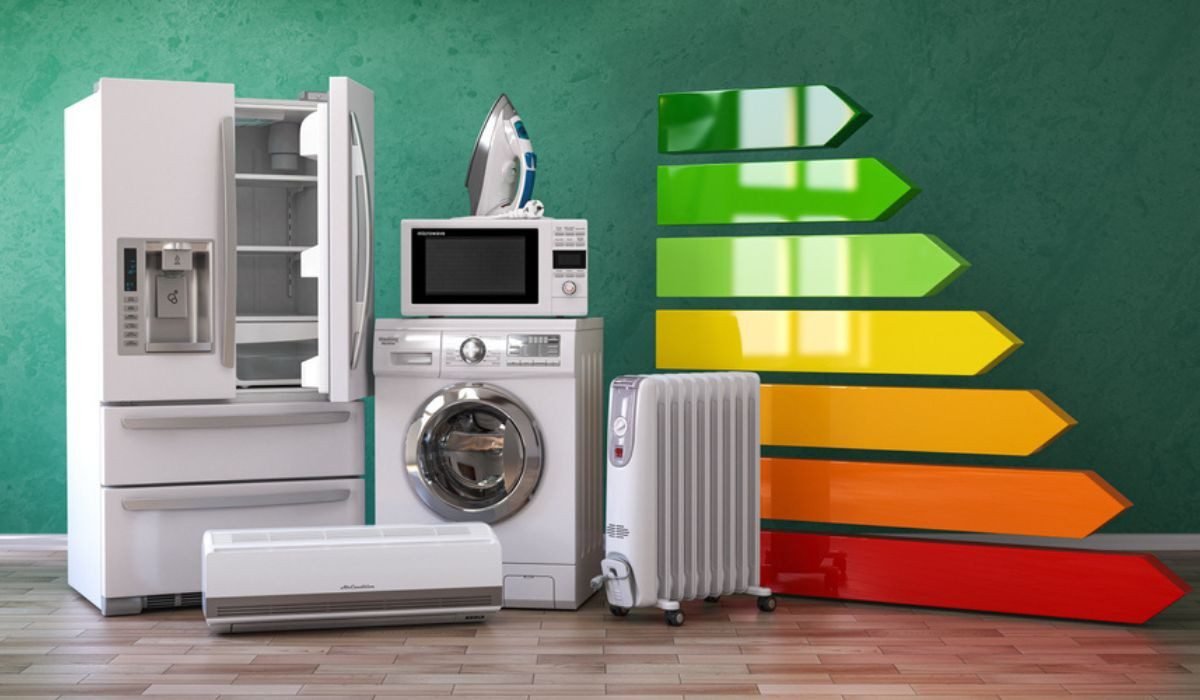
Eco-Friendly Efficiency: Transforming Homes with Energy-Efficient Appliances
Embracing energy-efficient appliances not only contributes to a sustainable future but also brings significant benefits to homeowners. Dive into the world of eco-friendly efficiency and discover how upgrading to energy-efficient appliances can enhance your home and lifestyle.
1. The Impact of Energy-Efficient Choices
Making conscious choices about the appliances we use has a profound impact on energy consumption and environmental sustainability. Energy-efficient appliances are designed to use less energy, reducing greenhouse gas emissions and conserving valuable resources. This shift towards eco-friendly choices is crucial for creating a greener and more sustainable future.
2. Lowering Utility Bills with Energy-Efficient Appliances
One of the immediate benefits of energy-efficient appliances is the potential for lower utility bills. These appliances are designed to operate more efficiently, consuming less energy while maintaining optimal performance. Over time, homeowners can experience significant cost savings on their energy bills, making the initial investment in energy-efficient appliances a wise financial decision.
3. Eco-Friendly Kitchen Upgrades
The kitchen is a prime area for incorporating energy-efficient appliances. Upgrading to energy-efficient refrigerators, stoves, dishwashers, and microwaves can significantly reduce energy consumption. Look for appliances with the ENERGY STAR label, indicating that they meet strict energy efficiency guidelines set by the U.S. Environmental Protection Agency.
4. Energy-Efficient Laundry Solutions
The laundry room is another space where energy-efficient appliances can make a considerable difference. ENERGY STAR-rated washing machines and dryers use advanced technologies to reduce water and energy consumption without compromising performance. Front-loading washers, for example, consume less water and require less energy for operation compared to traditional top-loading models.
5. Smart Home Integration for Efficiency
Modern technology allows for seamless integration of energy-efficient appliances into smart home systems. Smart appliances can be programmed and controlled remotely, optimizing energy use based on specific needs and preferences. This level of automation ensures that appliances operate efficiently and only when necessary.
6. Investing in Energy-Efficient HVAC Systems
Heating, ventilation, and air conditioning (HVAC) systems play a significant role in home energy consumption. Upgrading to energy-efficient HVAC systems, such as high-efficiency furnaces or air conditioners, enhances comfort while reducing energy usage. Regular maintenance and choosing the right-sized system for your home are also critical factors in maximizing efficiency.
7. Sustainable Lighting Choices
While not traditional appliances, energy-efficient lighting solutions contribute to overall home efficiency. LED and CFL bulbs use significantly less energy and have a longer lifespan compared to traditional incandescent bulbs. Making the switch to energy-efficient lighting is a simple yet impactful step towards a more sustainable home.
8. Water Conservation with Energy-Efficient Plumbing Fixtures
Energy efficiency extends beyond electricity consumption to include water conservation. Energy-efficient plumbing fixtures, such as low-flow faucets, showerheads, and dual-flush toilets, help reduce water usage without compromising performance. This not only benefits the environment but also contributes to lower water bills.
9. Government Incentives for Energy-Efficient Choices
Governments and utility companies often offer incentives and rebates for homeowners who choose energy-efficient appliances. These incentives can offset the initial cost of purchasing energy-efficient appliances, making






![Everything You Need to Know Hermes’ [Bag Name] Everything You Need to Know Hermes’ [Bag Name]](https://images.unsplash.com/photo-1507666664345-c49223375e33?fm=jpg&q=60&w=3000&ixlib=rb-4.0.3&ixid=M3wxMjA3fDB8MHxzZWFyY2h8MTN8fGhlcm1lcyUyMHBhcmlzJTIwYmFnfGVufDB8MHwwfHx8Mg%3D%3D)

